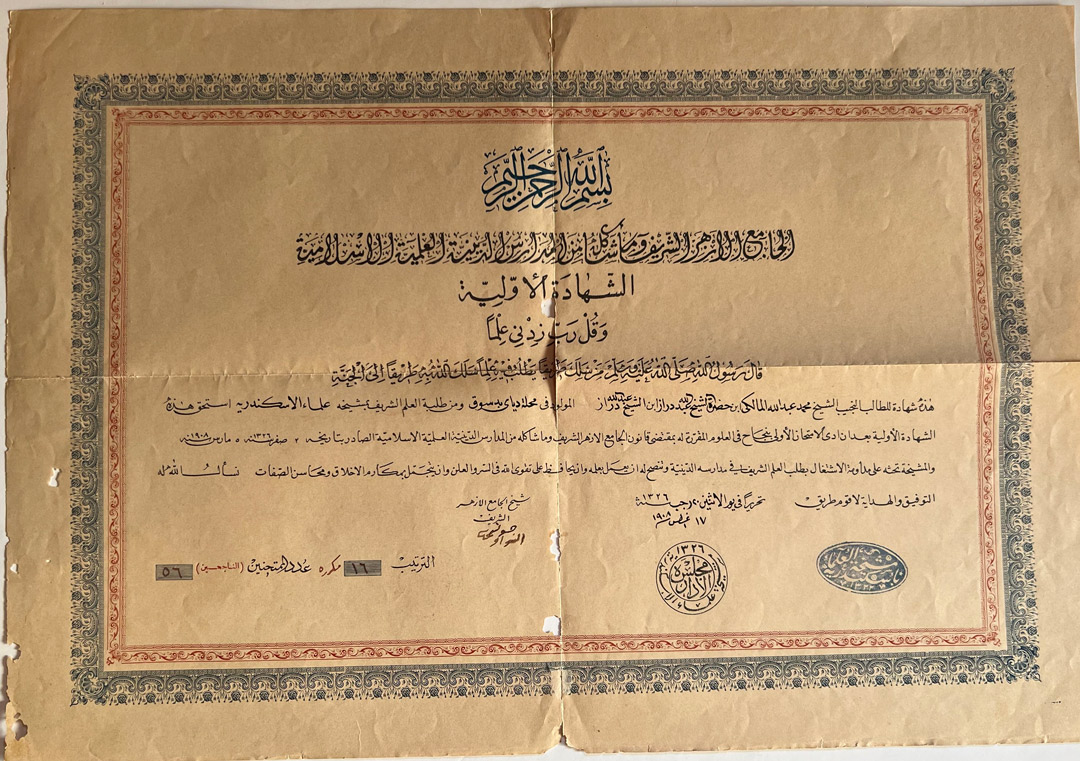



Islam’s Approach to and Relationship with Other Religions
Translated by Nariman Mahmoud, reviewed and edited by Hana Elmessiry.
If we scrutinize the word "Islam" in its Qur'anic sense, it leaves no room for uncertainty regarding the relationship between Islam and other heavenly religions. Islam, in this context, does not denote a particular religion; rather, it serves as a unifying term that harmonizes all religions proclaimed by the prophets and embraced by their respective followers. This is exemplified when we observe Noah addressing his people, saying, “And I have been commanded to be of the Muslims [who have surrendered unto Him]” (10:72). It is also evident when Jacob advises his sons: “So do not die except while you are Muslims [who have surrendered unto Him]’” (2:132), and when Jacob's sons affirm their belief: “We will worship your God and the God of your fathers, Abraham and Ishmael and Isaac - one God. And we are Muslims [in submission] to Him” (2:133). Moses, too, stresses the importance of faith and devotion: “And Moses said, ‘O my people, if you have believed in Allah, then rely upon Him, if you should be Muslims [in submission to Him]’” (10:84). Similarly, the disciples declare, “We are supporters for Allah. We have believed in Allah and testify that we are Muslims [submitting to Him]” (3:52), and a group of those who were given the Scripture, upon hearing the Qur’an recited, affirm, “We have believed in it; indeed, it is the truth from our Lord. Indeed we were, [even] before it, Muslims [submitting to Allah]” (28:53).
Original Arabic Text Full English Translation